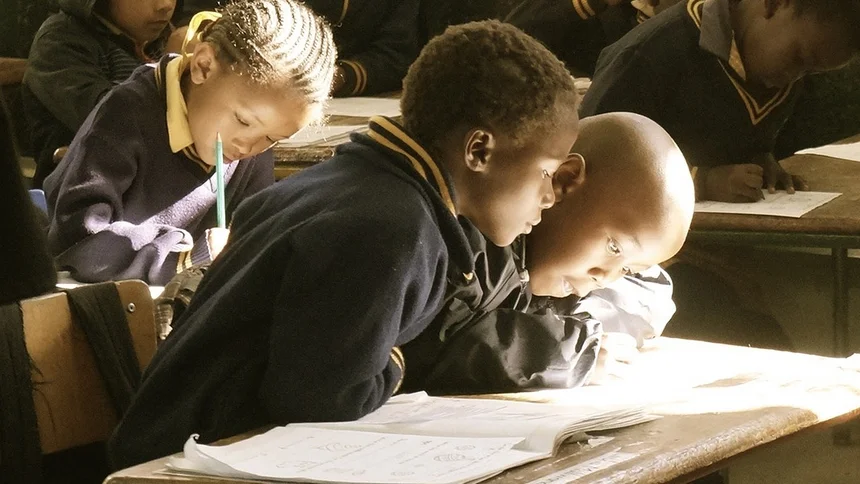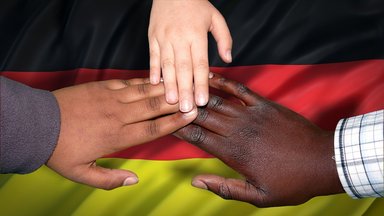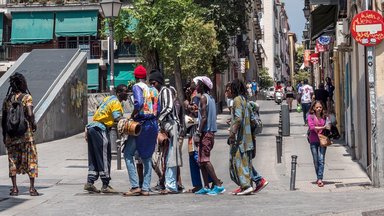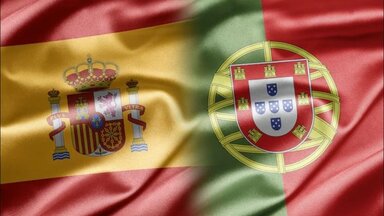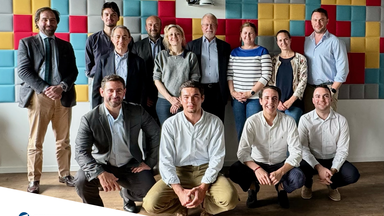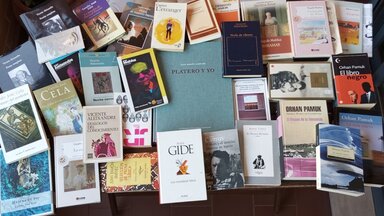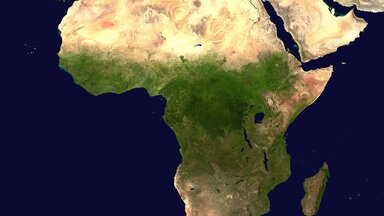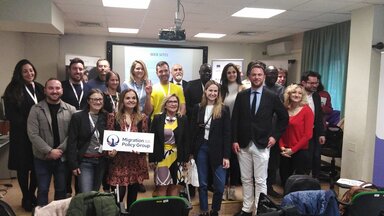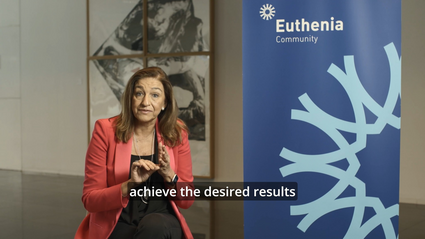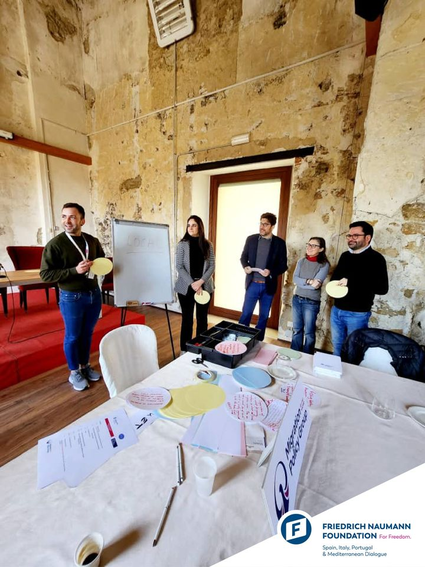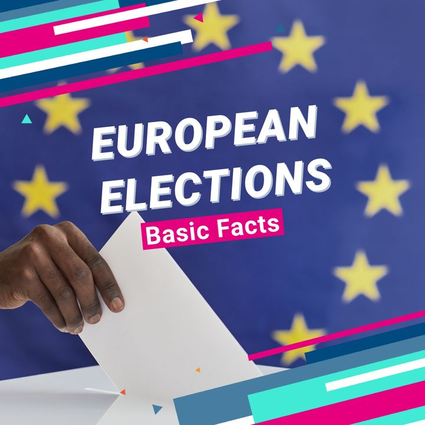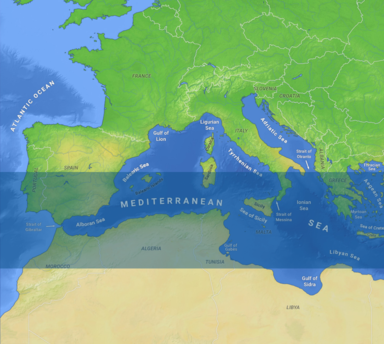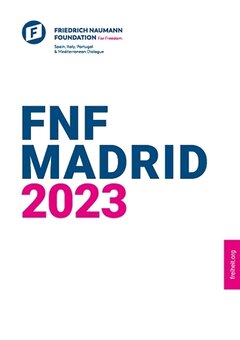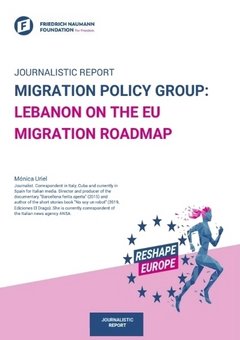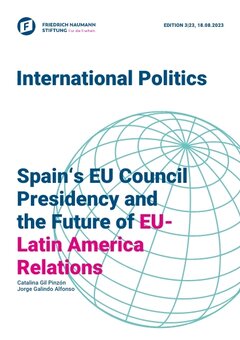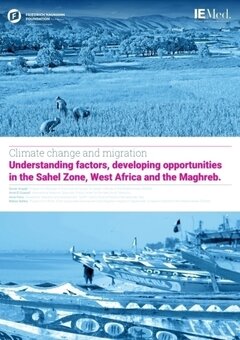Spain, Italy, Portugal and Mediterranean Dialogue
The Madrid office seeks to strengthen cooperation and political dialogue between representatives from political parties, scientific institutions and civil society organisations from Spain, Italy, Portugal, Germany and the European sphere. It also seeks to develop a new approach to interregional cooperation in the Mediterranean. With partner organisations, we are developing a liberal approach to geostrategic demands and opportunities in the Mare Nostrum.
The office of the Friedrich Naumann Foundation in Spain was closed on 31 December 2024. The office's website will no longer be updated. For further information, please contact the FNF Europe office here
News
-
The MENA-OECD Initiative, the commitment to sustainable growth
A decade ago, the MENA-OECD initiative was launched, a project to boost and support growth in the countries of the Middle East and North Africa. The implementation of various programmes related to agriculture, entrepreneurship, governance, education, gender equality... are having an impact on the development of these countries and the well-being of their citizens.
-
Knowledge transfer to migrants as a lever for development in their countries of origin
The relationship between migration and development has been carefully analyzed for decades. Today, the International Organization for Migration (IOM) highlights in its World Migration Report 2024 the role of international migration as an agent that drives human development and economic growth. This article focuses on the place of knowledge transferred by migrants in this process.
-
The key role of remittances within the new migrations in the Mediterranean
According to the World Bank, remittances sent by migrants from their destination countries to their countries of origin already exceed foreign direct investment and official development assistance in importance. This article explains how Spain and the European Union (EU) should promote the correct use of these remittances, as well as reduce shipping costs, so that the final amount that reaches its destination increases. We must transcend the current crisis management model generated by the tragic images of migrant arrivals on our shores, for a holistic scheme that promotes an orderly and safe migration model that adds to legal protection and social integration – access to essential public services, ownership of political rights and labour insertion – the development of the economies of the countries of origin.
-
The Caisses de Dépôt of France, Italy, Morocco and Tunisia in the face of the challenges of the Mediterranean
The Caisses de Dépôt of France, Italy, Morocco and Tunisia are committed to greater collaboration to create specific projects in different local populations in order to meet the challenges facing the countries of the Mediterranean.
-
The Rise of Populism in Italy and the Role of the Media
Berlusconi: Media Mogul, Billionaire, and the First "Modern Populist". How he shaped the Italian media landscape and how his monopoly with his own television and radio stations made him one of the most powerful men in Italy. Even a year after his death, press freedom in Italy is being abused and partly threatened by right-wing populists.
-
European Elections 2024: The Outlook on the Iberian Peninsula
On June 9th, Europe will vote for a parliament that will determine the future of the European Union for the next five years. In Spain and Portugal, the election results could have significant impacts on national politics and the governing capabilities of their respective governments. This report highlights the relevant parties, their leading candidates, and the current polling results in both countries.
-
Free3- network is creating solutions in Milan
Looking back on an inspiring time in Milan! In May, we met with our Free3 Network of classical liberal think tanks to discuss youth unemployment and energy transition, with a special focus on our project countries Spain, Italy and Portugal!
